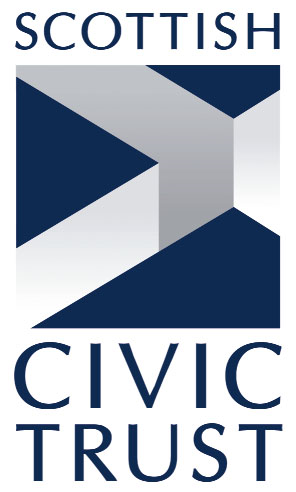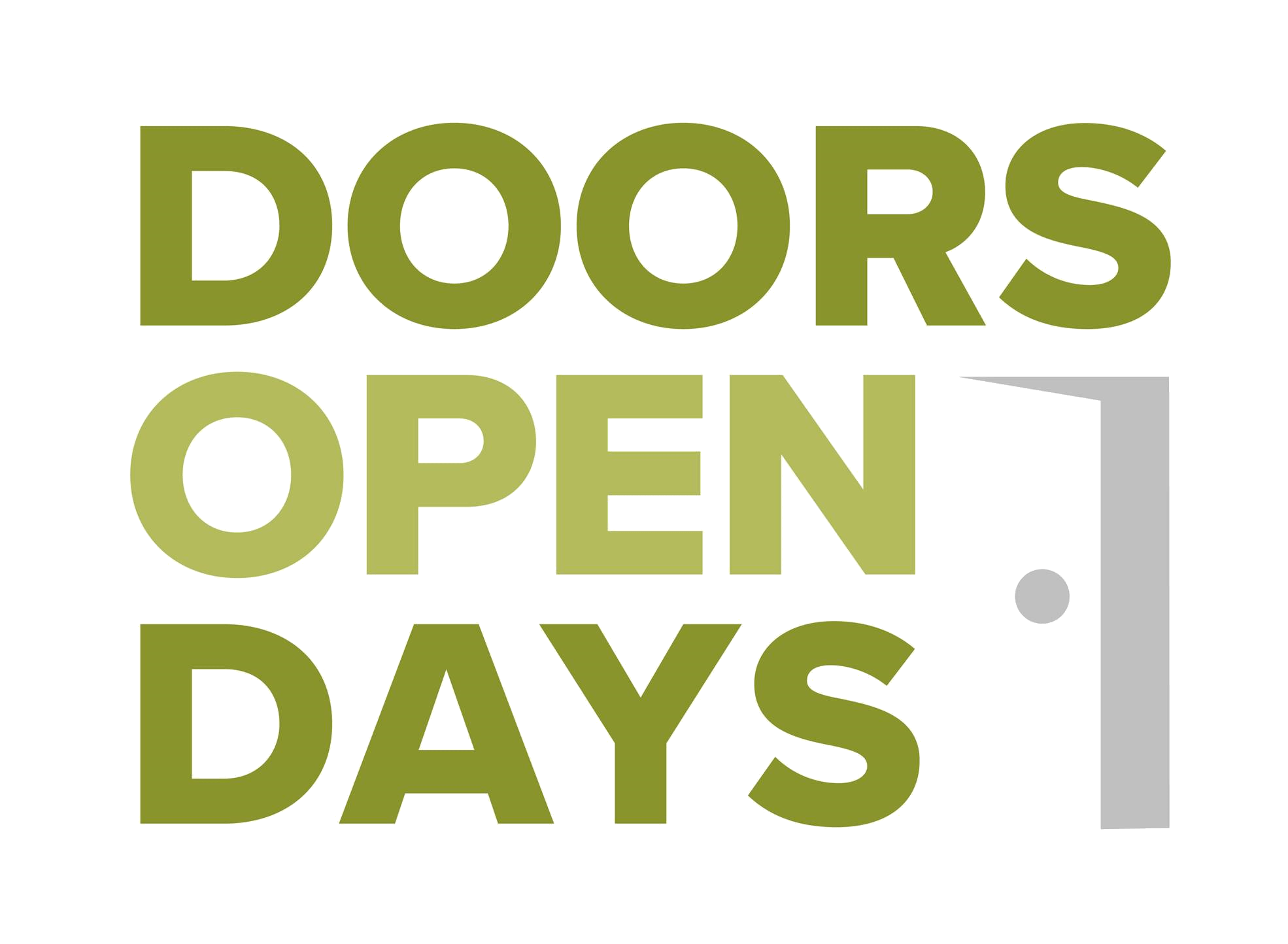During 2020, the Black Lives Matter and anti-racism movements have thrown the consequences and legacies of the past into sharper focus than perhaps ever before. In Scotland, buildings, monuments, public spaces and street names have become a frequent focus for discussions and action on racism, slavery, empire and colonialism and their continuing impact in the present.
In its role as advocate for the built environment, community involvement and tackling exclusion, the Scottish Civic Trust invites you to participate in its annual conference as a collective opportunity of reflecting critically on and learning about how we come to terms with and prepare to act afresh to understand and share stories of Scotland’s histories, built environment and cultural heritage.
The event will take place online via Zoom on Wednesday 2 December 2020, from 10.00am to 4.30pm (GMT), and will address the theme of addressing racism in Scottish heritage. We’re looking for speakers and presenters for the conference – keep reading for more information about how to participate!
Get involved!
Propose a live or recorded 15 or 30-minute presentation, conversation, performance, reading, etc. Time for question and answer will be included in each session. The conference will be broken up into two parts:
- WHAT? The morning session will focus on sharing the context of racism & anti-racism and Scottish heritage. Presenters will share research, practical, creative, digital, curriculum-development or people-centred
- what do racism and anti-racism mean for the built environment and cultural heritage in Scotland?
- what are current challenges and barriers to participation, volunteering, recruitment in the built environment and cultural heritage?
- what is the impact of buildings, monuments, street names connected with Transatlantic chattel slavery and Scotland’s role in the British Empire on minority ethnic representation, belonging and acceptance and racism today?
- Money, materials, making: how were buildings and monuments paid for? Where did the materials come from? Who made them?
- Scotland’s international history
- historical ethnic diversity in Scotland
- commemorating and celebrating ethnic diversity in Scotland today in buildings, monuments, exhibitions, festivals, projects, music, dance, film, oral-histories, archives, art, crafts, costume, food, customs, etc
- HOW? The afternoon session will focus on action-oriented sessions addressing how racism is being addressed in Scottish heritage. Presenters will share how you are doing/did the work
- How are you actively addressing and discussing racism and anti-racism in the built environment and cultural heritage in Scotland?
- How are you tackling barriers to and challenges to participation, volunteering, recruitment in the built environment and cultural heritage in Scotland?
- How are you sharing learning, knowledge and skills?
- How are you making work accessible?
- How are you working and with whom: process and partnerships?
- How can you support others with research and resources?
- How are you carrying out re/interpretation?
Who is the conference for?
Everyone who is interested in or involved in the built environment in Scotland.
We especially welcome proposals from Black, Indigenous and People of Colour; members of community groups; young people; and people with intersectional identities.
We want this virtual conference to be welcoming and safe space. Caretaking guidance will be distributed in advance of the conference and reiterated on the day.
Payment
Presenters will be paid £100.
Accessibility
Please ensure that recorded presentations are subtitled.
Captioning and BSL-interpretation of the conference are being arranged.
How do I express interest in presenting?
Please email Nicky Imrie, Diverse Heritage Officer (Nicky.Imrie@scottishcivictrust.org.uk) with a brief description of your proposed involvement, maximum 500 words. The deadline for responses is Sunday 25 October at 11:59pm.


